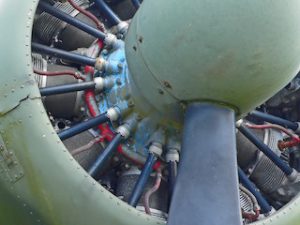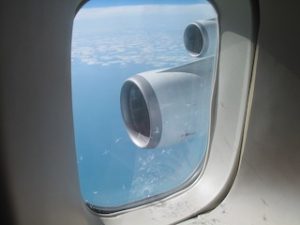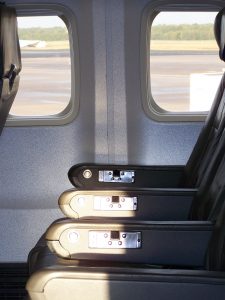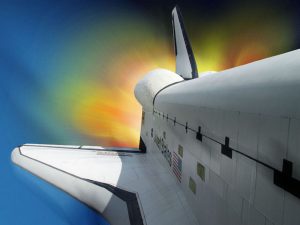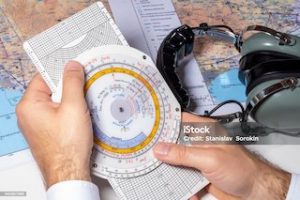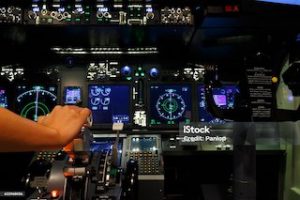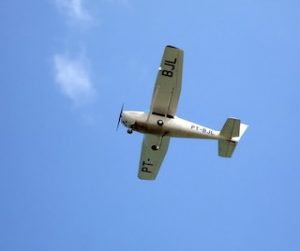5 Frequently Asked Questions About Airbus
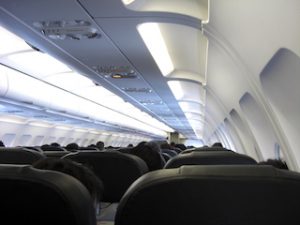 Airbus is one of the world’s largest and most influential aerospace companies, known for its wide range of commercial aircraft, defense systems, and space technologies. The company has long been a major competitor to Boeing, another giant in the aerospace industry, and has built a reputation for innovation, sustainability, and customer satisfaction. Whether you are an aviation enthusiast, an industry professional, or simply curious about the company, understanding Airbus and its operations is key to grasping the global aviation landscape.
Airbus is one of the world’s largest and most influential aerospace companies, known for its wide range of commercial aircraft, defense systems, and space technologies. The company has long been a major competitor to Boeing, another giant in the aerospace industry, and has built a reputation for innovation, sustainability, and customer satisfaction. Whether you are an aviation enthusiast, an industry professional, or simply curious about the company, understanding Airbus and its operations is key to grasping the global aviation landscape.
In this article, we will address some of the most frequently asked questions about Airbus, providing a comprehensive look at its history, aircraft, technologies, and more.
1) What is Airbus?
Airbus is a European multinational corporation that designs, manufactures, and sells commercial aircraft, as well as providing related services. Founded in 1970 as a consortium of aerospace companies from France, Germany, and Spain, Airbus has grown into one of the most dominant players in the global aerospace market. Today, it is a division of Airbus group, which also includes divisions focused on defence, space exploration, and helicopters.
Airbus has its headquarters in Toulouse, France, and operates numerous facilities around the world, from design and manufacturing plants to customer support centers. The company competes directly with Boeing in the commercial aircraft market, producing a range of passenger airliners from the small Airbus A220 to the largest aircraft in the world, the Airbus A380.
2) What are the most popular Airbus aircrafts?
Airbus has developed a wide range of aircraft, with several models dominating the commercial airline industry. The company’s A320 family is particularly significant, as it is one of the most popular and widely used family of short- to medium-haul aircraft in the world.
- Airbus A320 family: The A320 family includes the A318, A319, A320, and A321 models, which have become a mainstay for many low-cost carriers and full-service airlines around the globe. Known for their efficiency, reliability, and flexibility, these aircraft have revolutionized the aviation industry. The A320 is also famous for being the first commercial airliner to feature a fully digital fly-by-wire control system, setting a new standard for aircraft technology.
- Airbus A330: The A330 is a wide-body, twin-engine aircraft designed for long-haul routes. It is known for its fuel efficiency and versatility, available in both passenger and freighter configurations. The A330 competes directly with Boeing’s 767 and 787 models and is used by airlines around the world for intercontinental flights.
- Airbus A350 XWB: The A350 XWB is a newer model in Airbus’s long-haul aircraft lineup. It is a highly advanced, wide-body aircraft designed for even greater fuel efficiency, passenger comfort, and reduced environmental impact. The A350 XWB has been touted as the next generation of long-haul flight technology, with advanced materials and technologies that make it more efficient than its predecessors.
- Airbus A380: The A380, often regarded as the superjumbo, is the world’s largest passenger aircraft. This double-deck, wide-body aircraft can carry up to 850 passengers, making it ideal for high-traffic routes. While the A380 was initially seen as a game-changer, the rise of more fuel-efficient, smaller long-haul aircraft like the A350 has led to a decline in demand for the A380. However, it remains an iconic symbol of Airbus’s technological prowess.
3) What are Airbus’s key innovations?
Airbus has long been recognized for its commitment to innovation in the aerospace sector. From advanced manufacturing techniques to cutting-edge aircraft technologies, Airbus is at the forefront of numerous innovations that have reshaped the aviation industry.
- Fly-by-wire technology: The most significant innovations pioneered by Airbus is fly-by-wire technology. Introduced in the A320, fly-by-wire replaces traditional mechanical flight control systems with electronic controls that are more efficient and provide greater precision. This system improves aircraft safety, reduces weight, and allows for more complex flight operations. The A320 family was the first commercial aircraft to incorporate this revolutionary technology, setting a new standard for the aviation industry.
- Composite materials: Another area where Airbus has led the way is in the use of composite materials. The A350 XWB, for example, is made with over 50% composite materials, which helps reduce its weight and improve fuel efficiency. This move towards composites is part of Airbus’s broader goal to improve sustainability in aviation, as these materials are not only lighter but also more durable, reducing the need for frequent repairs.
- Cabin comfort: Airbus is also known for its focus on passenger comfort. The A350 XWB, for instance, is designed with larger windows, quieter cabins, and improved air circulation systems to provide passengers with a more comfortable flying experience. The company has also focused on increasing cabin space, with wider aisles and innovative seating configurations.
- Sustainability and eco-friendly technologies: In recent years, Airbus has focused on making its aircraft more environmentally friendly. This includes the development of more fuel-efficient engines, the use of sustainable aviation fuel, and efforts to reduce aircraft emissions. Airbus’s A320neo family, for instance, offers significant reductions in fuel consumption compared to its predecessors, and the A350 XWB has a lower environmental impact due to its advanced design and materials.
4) How does Airbus compare to Boeing?
Airbus and Boeing have been long-time rivals in the commercial aircraft market. While both companies manufacture high-quality aircraft that are used by airlines around the world, there are notable differences in their designs, technologies, and market strategies.
- Aircraft design: The most well-known differences between Airbus and Boeing aircraft is their design philosophy. Airbus is known for its focus on automation, particularly with its fly-by-wire systems, which provide a high degree of control and make flying the aircraft easier. Boeing, on the other hand, tends to favour a more traditional approach to flight controls, which some pilots prefer for its more tactile feel.
- Market positioning: Airbus and Boeing target different segments of the market with their respective aircraft. For example, while Boeing’s 787 Dreamliner is a direct competitor to the Airbus A350, the Boeing 737 competes with the A320 family in the short- to medium-haul market. Boeing aircraft tend to be a bit larger on average, while Airbus aircraft are often preferred for their ease of handling and lower operating costs.
Despite their differences, both companies are leaders in the global aviation industry and frequently compete for contracts from major airlines.
5) What is the future of Airbus?
As the largest aerospace companies globally, the future of Airbus is closely watched by both the aviation industry and the wider economy. The company is focused on expanding its range of aircraft and ensuring that it remains at the forefront of industry innovation. In the coming years, we can expect Airbus to continue its commitment to sustainability and technological advancement.
- Electrification and urban air mobility: Airbus is already working on the future of aviation through projects such as electric aircraft and urban air mobility. The company is investing in the development of electric propulsion technologies, which could potentially revolutionise short-haul travel by reducing emissions and lowering operating costs. The E-Fan X electric aircraft program and the development of Urban Air Mobility solutions such as autonomous flying taxis are part of Airbus’s vision for a more sustainable and efficient aviation future.
- Hydrogen-powered aircraft: Another major area of focus for Airbus is the development of hydrogen-powered aircraft. With the aviation industry under increasing pressure to reduce its carbon footprint, Airbus has unveiled plans to produce a hydrogen-powered commercial aircraft by 2035. The company’s ZEROe program aims to produce the world’s first zero-emission commercial airliner, which could significantly reduce the environmental impact of air travel in the coming decades.
- Continued growth in Asia and emerging markets: As global air traffic continues to grow, particularly in regions like Asia-Pacific, Airbus is well-positioned to take advantage of the demand for new aircraft. The company’s ability to adapt to regional needs, offer fuel-efficient aircraft, and provide comprehensive customer support makes it a key player in emerging markets.
Trailblazer
Airbus has long been a trailblazer in the aerospace industry, providing cutting-edge technologies, fuel-efficient aircraft, and excellent customer support. For aviation professionals, enthusiasts, or anyone interested in the future of air travel, Airbus offers a wealth of fascinating insights into how modern aviation is evolving.
Airbus plays a central role in shaping the future of global air travel. As the company looks ahead, the development of new technologies, the expansion into new markets, and a continued commitment to reducing the environmental impact of aviation will ensure that Airbus remains a dominant force in the aerospace sector for years to come.

